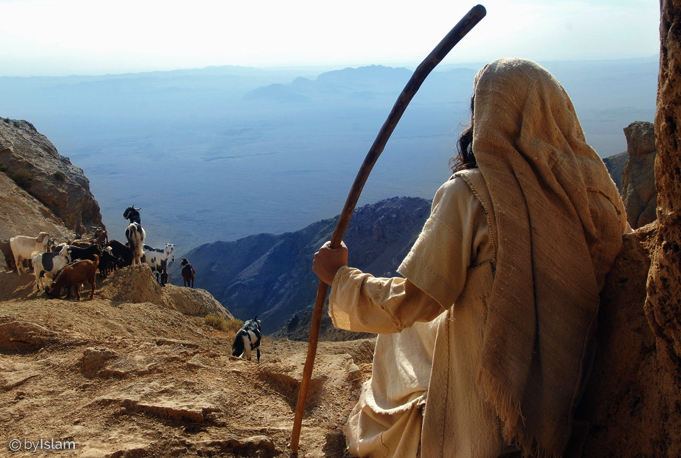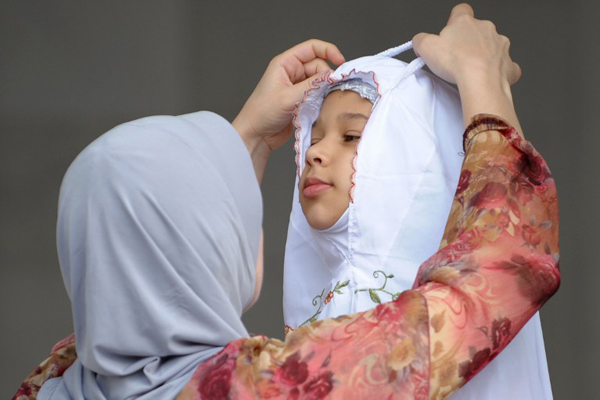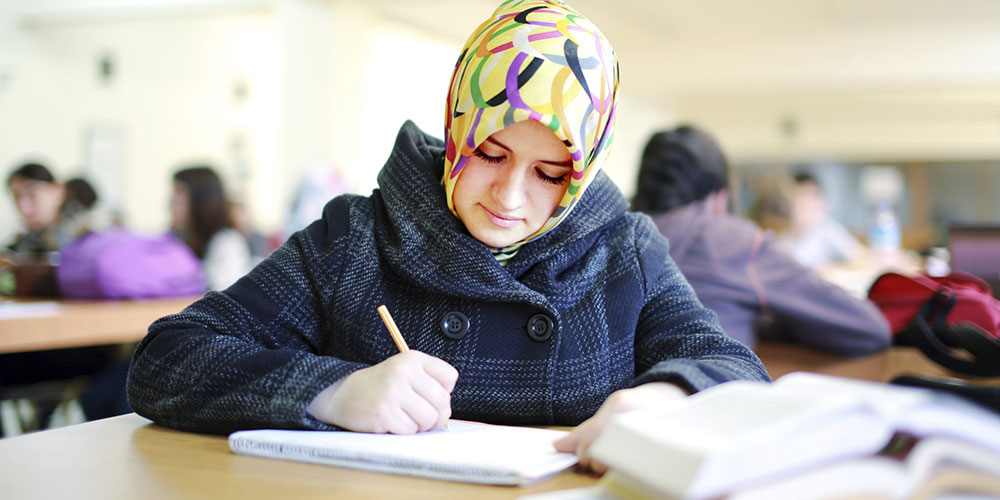Doesn’t Marriage Decrease Our Spirituality?
 In Islam, contrary to Christianity, marriage and sex are not antipathetic to the love for and worship of God. Instead of an obstacle, marriage is regarded as an asset in acquiring spiritual perfection.
In Islam, contrary to Christianity, marriage and sex are not antipathetic to the love for and worship of God. Instead of an obstacle, marriage is regarded as an asset in acquiring spiritual perfection.
The Prophet (S) said, “One who marries has already guarded half of his religion, therefore he should fear Allah (SwT) for the other half.” A person who can fulfill his sexual urges lawfully is less distracted in the spiritual journey. Love for women and faith are inter-related.
In one hadith, Umar bin Zayd quotes Imam Jafar as-Sadiq (as) that, “I do not think that a person’s faith can increase positively unless his love for women has increased.”
The same Imam (as) said, “Whenever a person’s love for women increases, his faith increases in quality.” He also said, “Whosoever’s love for us increases, his love for women must also increase.”
The Prophet (S) said, “If anyone likes to meet Allah (SwT) in purity, then he should meet Him with a wife.”
A woman came to the Prophet’s (S) house and her strong perfume soon filled the house. When the Prophet (S) inquired about the visitor, the woman said that she had tried everything to attract her husband but in vain; he does not leave his meditation to pay any attention to her.
The Prophet (S) told her to inform her husband about the reward of sexual intercourse which he described as follows: “When a man approaches his wife, he is guarded by two angels and [at that moment in Allah’s views] he is like a warrior fighting for the cause of Allah (SwT). When he has intercourse with her, his sins fell like the leaves of the tree [in fall season]. When he performs the major ablution, he is cleansed from sins.”
These quotations from the Quran and the sayings of the Prophet (S) and the Imams of Ahlul Bayt (as) show that the Islamic view on sex and marriage is in complete harmony with human nature. It can easily be concluded that in the Islamic sexual morality:
(a) marriage and sex is highly recommended and it is in no way associated with evil, guilt or sin;
(b) monasticism and celibacy is unacceptable;
(c) marriage is considered a helping factor in attaining spiritual perfection. It prevents the Muslims from getting into sins and also enhances the value of their acts of worship.
These teachings neutralize the need for a sexual revolution in a Muslim society. Since there is no sexual suppression, the question of a sexual revolution does not arise.
Source: Marriage & Morals In Islam written by Hujjatul Islam Sayyid Muhammad Rizvi








